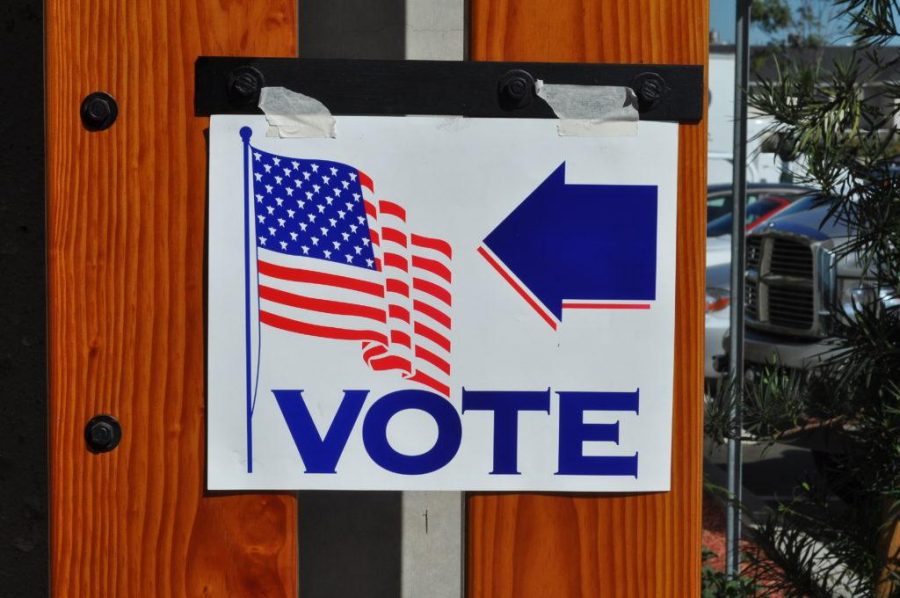The 2016 presidential election certainly doesn’t seem like an inspiring one. I’ve talked to many people that openly dislike their chosen candidate and only want to vote because of an even stronger dislike for the other side’s. They’re clearly not alone: according to a Reuters poll, close to 50 percent of both Trump and Clinton supporters cited defeating the other as their main reason. This open hostility between the parties even makes some afraid to support a third-party candidate, reflecting the fear that their vote might ‘spoil’ a major candidate’s chance of winning.
If the politically-involved feel apprehensive about their choices, what will typical non-voters think when election time rolls around? Even with these unpopular options, however, voting still provides a way to engage with democracy and encourages citizens to be fully aware of the issues around them, something that has been lacking in our nation for years. In fact, this year it is even more important to vote, to make your opinion known and to become the kind of advocate that can make future elections inspiring.
If you dislike both major-party candidates in the election this year, you’re in fruitful company. A Washington Post-ABC news poll in late august found that 59 percent have unfavorable views of Clinton, while 60 percent view Trump unfavorably. It’s not just light apprehension. FiveThirtyEight’s review of the polls found that over 50 percent of people had strong feelings about either candidate, with the negative feeling being so extreme and overwhelming they call it “record-breaking.” It’s a sobering thought that over half the nation will dislike the chosen president even though that person is supposedly the people’s choice.
Those who don’t follow politics may be wondering how we got into this mess. Why in the world would the people choose candidates they hate? It becomes clearer when you understand just how few Americans participated in the primary election. According to The New York Times, only about 9 percent of the U.S. population (14 percent of eligible adults) voted for either Trump or Clinton, the result of a low primary turnout rate as well as the fact that many primary votes went to other candidates. That means millions of adults had the chance to change the outcome and did not.
But lack of turnout alone can’t explain this problem. We will never get absolutely everyone to vote and we saw that only 53.6 percent of eligible adults voted in the presidential election in 2012 despite neither candidate being historically-disliked. What we can do is push for politicians that represent us. The Americans that do vote have become increasingly motivated by hatred of the other side, a trend that we can see even in the disrespectful way some pundits and lawmakers talk about each other. With a more extreme voting faction selecting the candidates, we will keep getting extreme politicians that do not appeal or represent the majority of Americans.
So consider this a plea to those of you who are looking in on the 2016 election and don’t like what you see: we need your votes now more than ever. At a time when Americans are increasingly speaking different languages and refusing to see eye to eye, we need observers to look at all the facts and try to pull our nation together. In an era when only 9 percent of the strongest-feeling Americans chose the two main candidates, we need citizens to take interest and help get us out of this rut.
You don’t even have to vote for either of the major-party candidates. The perception that a third-party vote is ‘throwing your vote away’ doesn’t take into account the whole picture. While third-party votes may not matter in one general election, they demonstrate the strong feeling behind a candidate’s beliefs and encourage the major parties to represent you more in coming elections. A strong showing by a third-party candidate can make your voice heard and force politicians to address your concerns.
In the end, it’s not just about this one election, but about our future and the kind of America we want to live in. Even if your vote doesn’t go to a victor or even a competitive candidate it is a commitment to political participation, an agreement to use your power as a citizen to make things better. The more voters we have, the more informed advocates we have that can truly understand the issues that face us and address them. That is the only way real change can occur.


